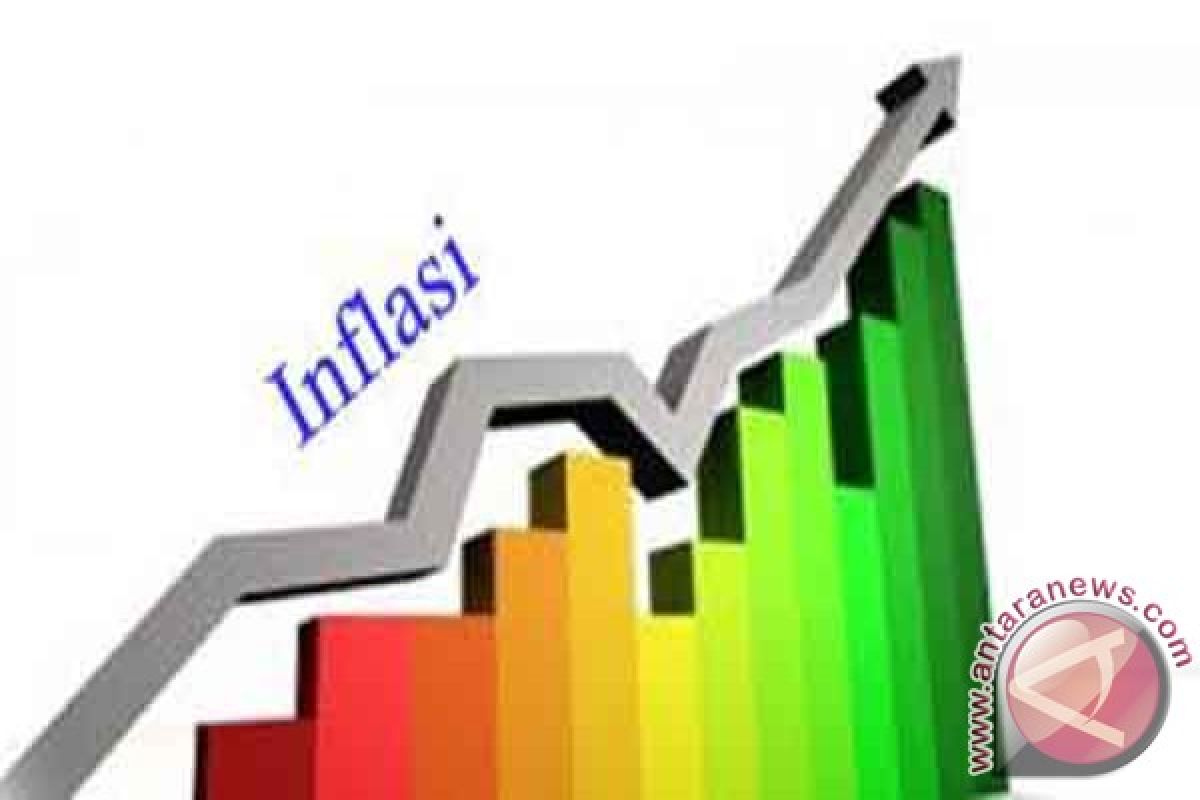Padang, (Antara Sumbar) - Bank Indonesia (BI) representative of West Sumatra noted that the province's inflation rate in 2017 reached 2.03 percent or below the National which stood at 2.03 percent.
"However, at the end of December 2017 there was an increase in price resulting in a monthly inflation of 0.71 percent," Head of West Sumatra Bank Indonesia representative, Endy Dwi Tjahjono stated in Padang on Tuesday.
He conveyed the monthly inflation rate of West Sumatra in December 2017 is the 21st highest of 33 provinces nationwide.
According to the monthly spatial, West Sumatra price movement contributed by the City of Padang and Bukittinggi, each of which recorded inflation 0.72 percent and 0.37 percent.
This condition makes Padang as the city with the 36th highest inflation and Bukittinggi as the city with the seventh lowest inflation of 82 cities and sample inflation districts all over Indonesia.
According to him, West Sumatra's monthly inflation is contributed by rising prices of volatile foods, administered prices and core groups.
He cited the food group as having volatile inflation in December 2017 at 2.06 percent.
The price increase in this group was contributed by the increase of red chili, cob or ambu-ambu, chicken meat, eggs, rice and jengkol, he pointed out.
Endy said the increase in the price of red chili is caused by the limited harvest in production centers both in West Sumatra and Java accompanied by crop failure due to high rainfall so that red chili become rotten quickly.
In addition, rice supply disruption triggered a rise in rice prices as a result of the unplanned drying of grain due to high rainfall in some areas of production centers, he said.
In the future, BI expects moderate inflationary pressures to come from volatile food groups and government-regulated goods.
In the food group, volatile price increases are predicted to continue, especially in red chili commodities in line with harvest disruption from production centers due to high rainfall, he said.
While in the government-regulated goods category, inflationary pressures are predicted to come from rising air ticket prices due to the ongoing post-Christmas holiday flows and the new year, he added. (cha)
Editor: Vicha Faradika
W Sumatra Inflation in 2017 Below the National: BI

Illustration. Inflation. (Antara)









